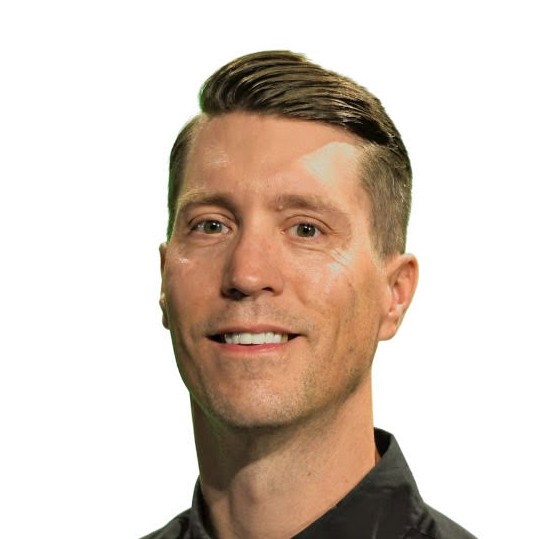How to Answer: You just finished preparing IV medications for a patient, and you thoroughly washed your hands before doing so. As you enter the patient's room with the medication, describe the first thing you do to prevent patient infection.
Advice and answer examples written specifically for a Situational Nursing job interview.
24. You just finished preparing IV medications for a patient, and you thoroughly washed your hands before doing so. As you enter the patient's room with the medication, describe the first thing you do to prevent patient infection.
How to Answer
While hospitalized or receiving outpatient medical treatment, patients are at significant risk of picking up an infection as a consequence of the care they are receiving. Although infection prevention measures in the healthcare industry have greatly improved over the years, the risk still exists and healthcare professionals must be vigilant in order to prevent healthcare-acquired infections. Although it may seem obvious, the simple task of handwashing is the first step in infection prevention. The interviewer is asking this question to determine if the candidate understands the importance of handwashing and is in the habit of washing their hands upon entering a patient's room and/or before administering IV medication. To effectively answer this question, the candidate should explain that the first step they would take to prevent infection would be to wash their hands thoroughly. A more successful answer to this question would include an example of how the candidate has helped train colleagues on handwashing in such situations and/or assisted in the development and implementation of handwashing policies for their nursing unit.
Written by Kelly Burlison on June 3rd, 2019
1st Answer Example
"The first thing I would do to prevent the patient from getting an infection is to wash my hands. There are other actions I would need to take in preventing infection, but handwashing is primary. I have always been an advocate of handwashing, even when many of my colleagues were not. When I found out that my nursing and care partner colleagues on my unit were not following handwashing protocols last year, I worked with my supervisor to develop a training on the importance of proper handwashing, handwashing technique, and infection prevention. After this training, handwashing compliance on my unit improved greatly, and the infection control nurse attributed it to a reduction in secondary infections."
Written by Kelly Burlison on June 3rd, 2019
2nd Answer Example
"Upon entering the patient's room, it's very important for me to practice hand hygiene again, either by washing my hands or using the alcohol-based hand sanitizer available outside of the patient's room. Although I washed my hands prior to preparing the patient's IV medication, I have potentially touched other items on my way to the patient's room, and I had to knock on the patient's door and touch the door handle to enter. Hand hygiene is the number one way to prevent patient infections, and I demonstrate good hand hygiene at all times. When our hospital did an audit of nurses' hand hygiene using 'undercover' staff members to score the nurses, I scored a 100%, because I know how important hand hygiene is."
Written by Kate Buckley on January 10th, 2023
Anonymous Interview Answers with Professional Feedback
Anonymous Answer
Chad's Feedback
Anonymous Answer
Cindy's Feedback
Anonymous Answer
Cindy's Feedback
About the Author
I began my career in emergency medical services (EMS) over 30 years ago, working as a Firefighter-Paramedic, EMS Captain, Mental Health Technician, ER Technician, EMT and Paramedic Adjunct Instructor, and EMS Educator. During my career, I had the privilege of serving on over one thousand interview panels to help various organizations choose the right candidate for the job.
I have created curricula and training materials to prepare candidates for interviews and held mock interview courses for all types of healthcare professionals. My interview experience includes hiring emergency medical technicians, paramedics, firefighters, nurses, medical assistants, home health aides, and physician assistants.
As a coach and contributor for MockQuestions, I am excited to help you navigate your upcoming nursing interview. While these situational questions assess your critical thinking and communication skills, interviewers also ask these questions to gain insight into your personality to determine if you will be a good fit with the company culture. Remember to be relaxed and be your authentic self. Best of luck in nailing your interview!
Learn more about Krista Wenz


